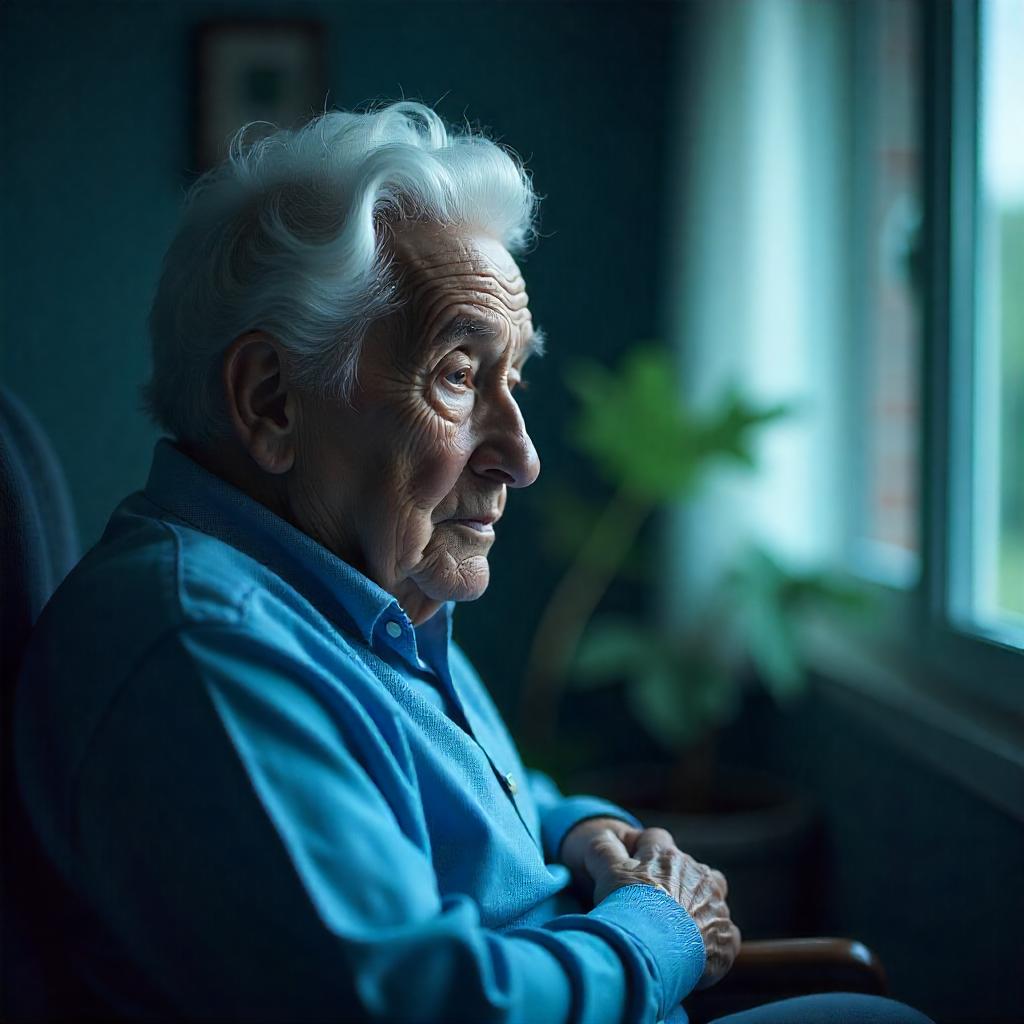Overnight Alzheimer’s care provides specialized support for individuals with Alzheimer’s disease or other forms of dementia during nighttime hours. This type of care ensures the safety, comfort, and well-being of individuals while offering respite for family caregivers. Alzheimer’s disease often disrupts sleep patterns, leading to challenges such as nighttime wandering, confusion, and anxiety, making overnight care a critical service for managing these behaviors.
Why Overnight Alzheimer’s Care is Essential
- Addressing Sleep Disturbances
- Individuals with Alzheimer’s may experience insomnia, frequent awakenings, or difficulty distinguishing between day and night.
- Overnight caregivers help manage these disruptions, ensuring the individual remains calm and secure.
- Preventing Nighttime Wandering
- Wandering at night can be dangerous, leading to falls, injuries, or getting lost.
- Caregivers provide supervision to prevent accidents and redirect individuals to safe activities or rest.
- Managing Sundowning Syndrome
- Many Alzheimer’s patients experience increased confusion, agitation, and restlessness during the evening hours, a condition known as sundowning.
- Overnight care includes techniques to soothe these behaviors, such as creating a calming bedtime routine and reducing environmental stressors.
- Supporting Family Caregivers
- Providing care for someone with Alzheimer’s can be physically and emotionally exhausting.
- Overnight care allows family members to rest and recharge, improving their ability to provide care during the day.
Services Offered in Overnight Alzheimer’s Care
- Safety Monitoring
- Caregivers stay alert to ensure the individual remains in a secure environment.
- They may use safety devices like motion detectors or bed alarms to monitor activity.
- Personalized Care Plans
- Care is tailored to the individual’s needs, including assistance with nighttime toileting, hydration, and mobility.
- Caregivers are trained to handle behavioral changes with patience and understanding.
- Medication Management
- Ensuring the timely administration of medications prescribed for sleep, anxiety, or other health conditions.
- Calming Techniques
- Using soothing music, aromatherapy, or light therapy to promote relaxation and improve sleep quality.
- Companionship and Emotional Support
- Caregivers provide comforting reassurance to alleviate nighttime fears or disorientation.
Settings for Overnight Alzheimer’s Care
- In-Home Care
- Many families prefer in-home overnight care to keep the individual in a familiar environment.
- Professional caregivers stay overnight to provide one-on-one support.
- Memory Care Facilities
- Specialized care centers offer overnight services as part of their 24-hour care model.
- Staff is trained to handle advanced dementia care needs.
- Respite Care Services
- Temporary overnight care for families needing a break or dealing with unexpected circumstances.
Benefits of Overnight Alzheimer’s Care
- Improved Sleep Quality: Individuals receive personalized support to address nighttime disruptions, leading to better rest.
- Enhanced Safety: Constant monitoring reduces the risk of accidents and wandering.
- Reduced Caregiver Burnout: Family members can maintain their own health and well-being with the help of professional care.
- Peace of Mind: Knowing a loved one is in capable hands provides emotional relief for families.
Choosing an Overnight Alzheimer’s Care Provider
When selecting a provider, consider the following:
- Experience and Training: Ensure caregivers are trained in dementia care and familiar with Alzheimer’s-related behaviors.
- Availability and Flexibility: Choose a provider that offers customized schedules and on-demand support.
- References and Reviews: Look for recommendations from other families and verify the provider’s credentials.
- Compatibility: Arrange a meeting to assess the caregiver’s ability to connect with your loved one.
Overnight Alzheimer’s care plays a vital role in managing the unique challenges posed by the disease, creating a safe and nurturing environment for individuals and their families.
